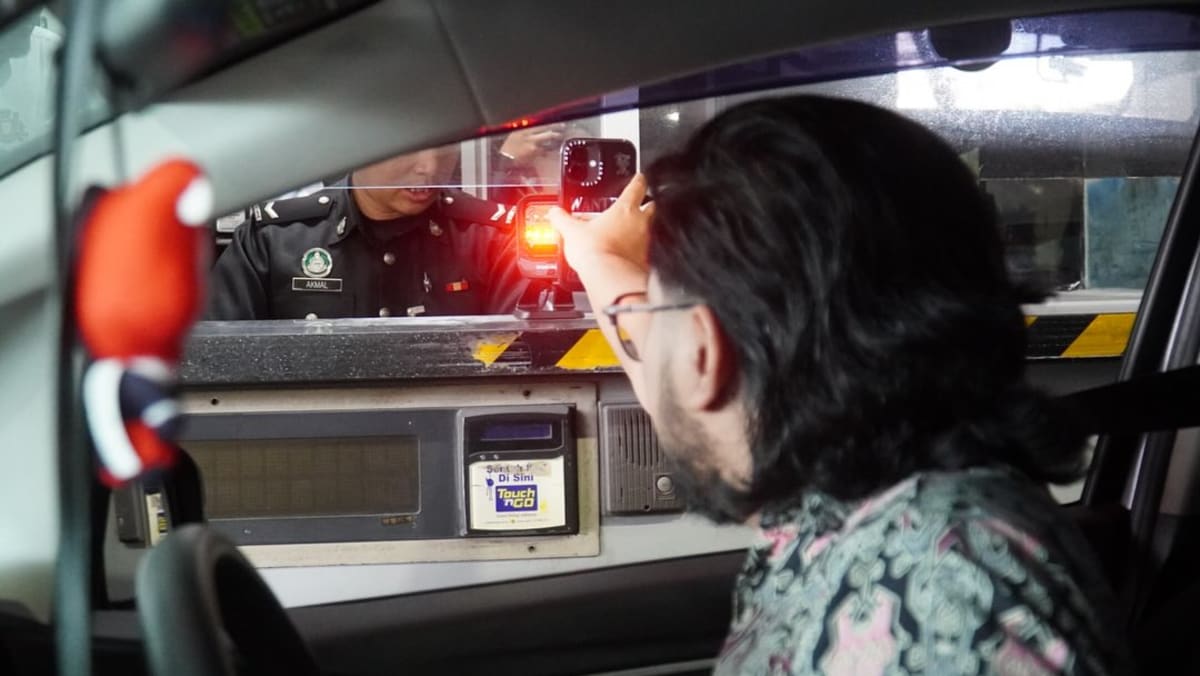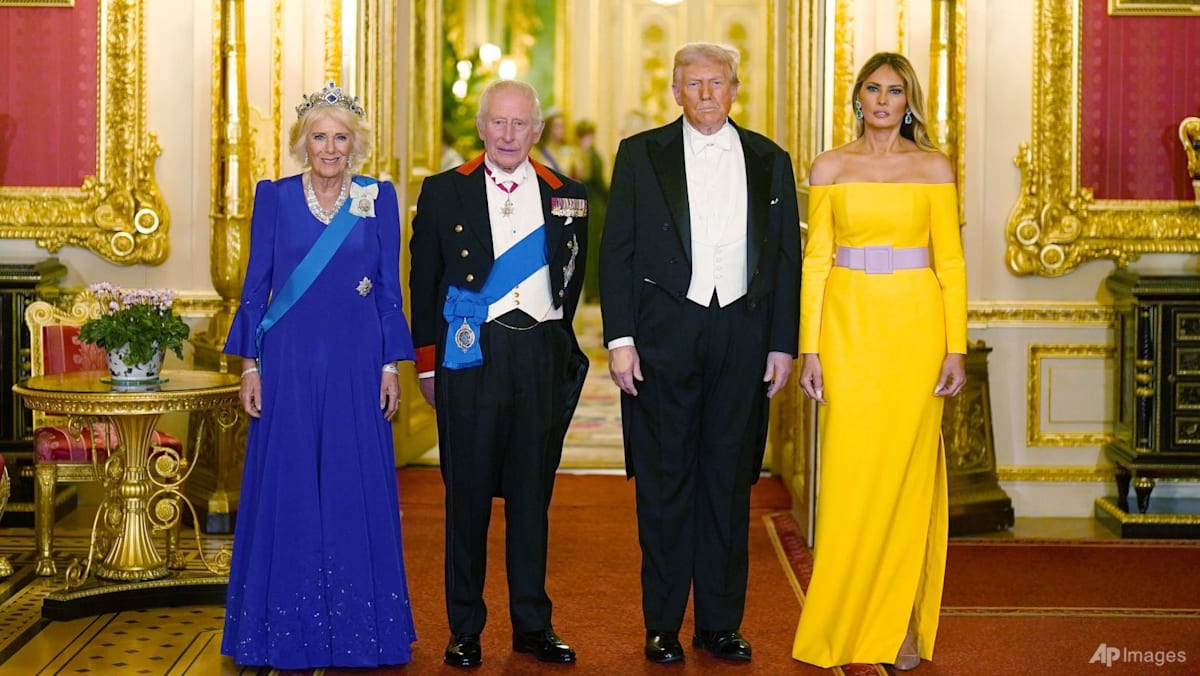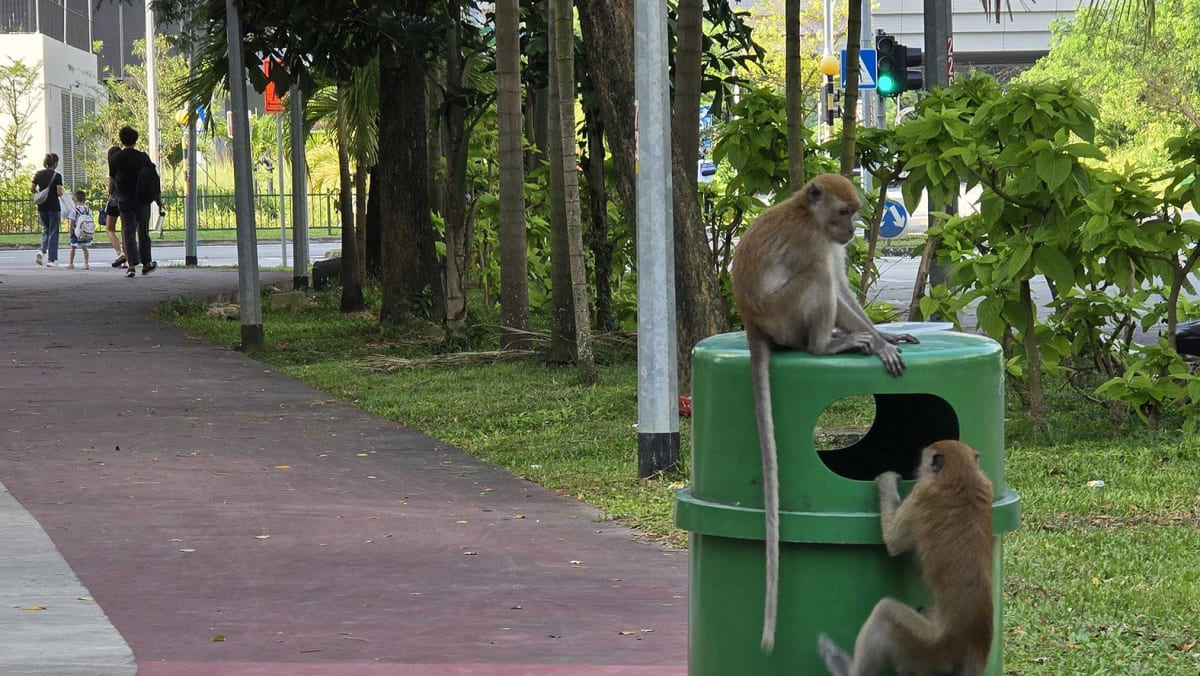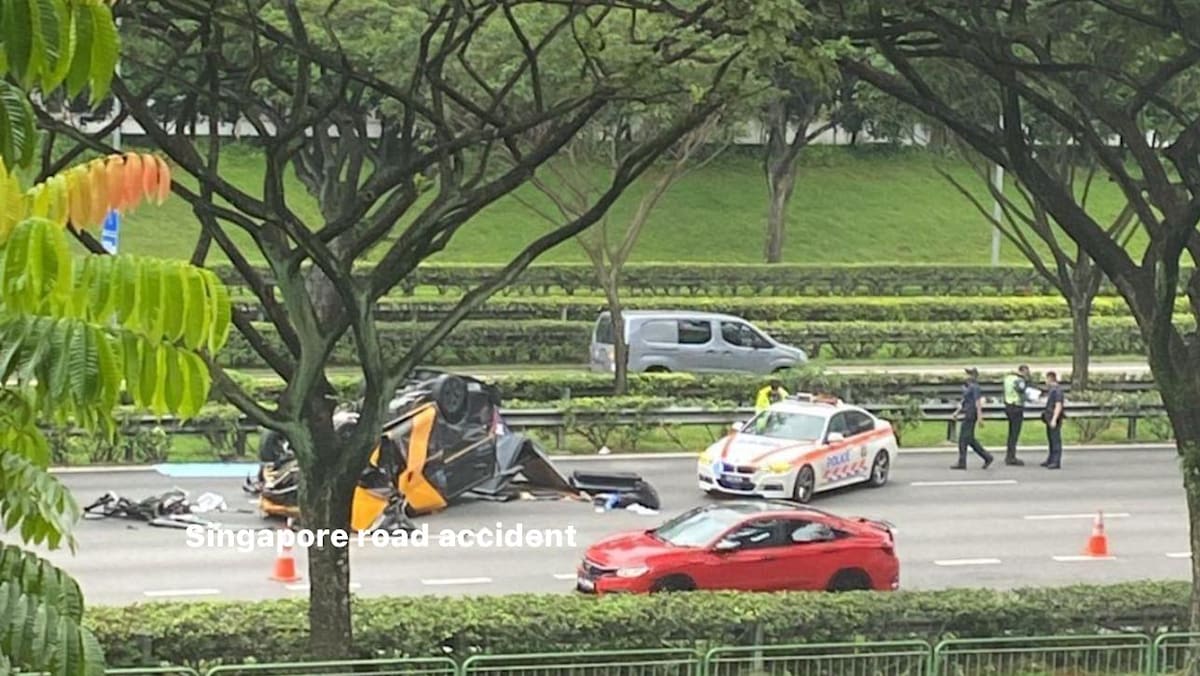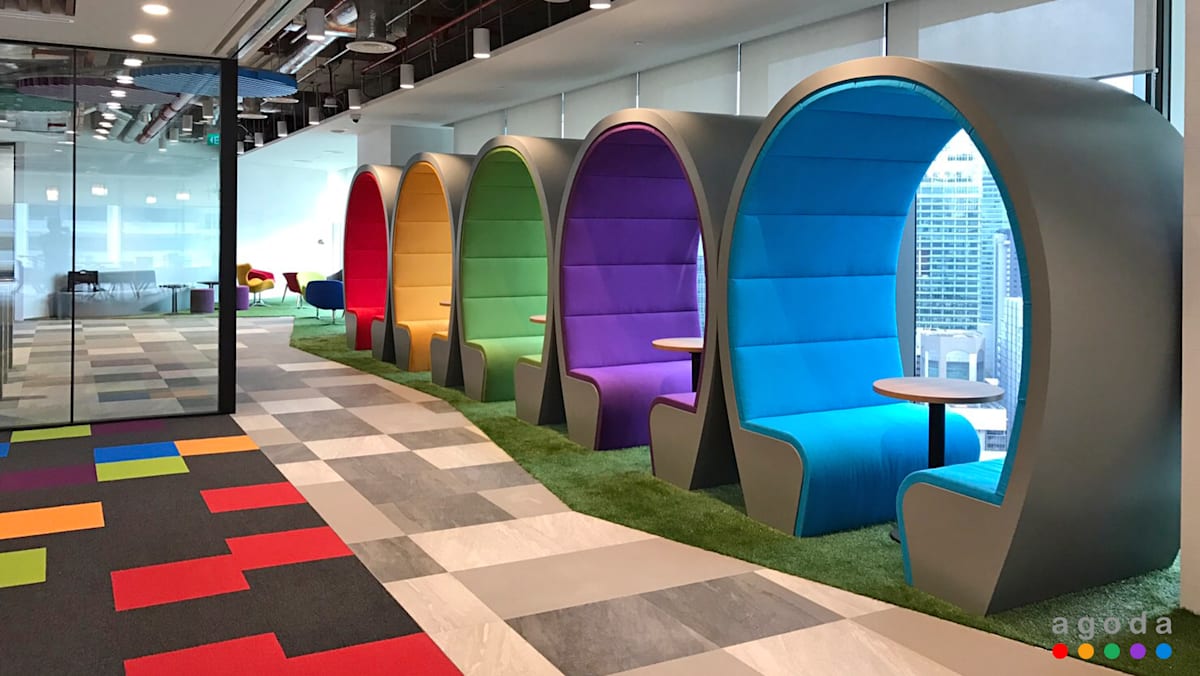MINIMISING DAMAGE
To minimise the damage caused by these creatures, more residents are turning to protective barriers.
Window grilles company, Diamond Grille Systems, for example said that requests for their monkey-proof design have increased by three to four times since the start of 2025.
While the company did not give details on how many orders it received, it said it saw particularly large demand from residents at Punggol Point Cove, a new estate, as homeowners started to collect their keys to their completed build-to-order flats from November 2024.
Mr Javen Tan, 44, general manager of Diamond Grille Systems, said: “Three years ago, our company already forecasted this problem. We knew there were issues at Punggol Northshore, as well as at the Punggol settlement area.
“So at that time, we did research and development at Coney Island to understand the characteristics of monkeys to identify what type of application can physically keep them off.”
The wires of their grilles are vertical instead of horizontal, resembling the design of cages in zoos, which means that there is less chance of the monkeys climbing and hanging off the grilles.
Mr Tan said the wires are also made of a special type of stainless steel, which is strong enough to resist animals trying to bite through the material.
So far, he said, the feedback has been positive and customers have sent him videos of monkeys trying and failing to enter their homes after the grilles prevented their entry.
CULLING EXERCISES, TRAINING TO DEAL WITH MONKEYS
In response to queries by CNA TODAY, Member of Parliament for Punggol GRC Gan Kim Yong, who is also Deputy Prime Minister, said that the town council was working closely with NParks on a series of measures including advisory posters, more frequent estate cleaning and exploring the deployment of more monkey-proof bins.
NParks said that it’s also been carrying out a sterilisation programme for the monkeys since 2023.
After sterilisation, the monkeys were released back into Coney Island but those that were deemed too aggressive were culled.
“As native fruit-bearing trees are natural sources of food for the macaques, NParks has carried out habitat enforcement efforts at Coney Island Park by planting more native fruiting species,” said NParks’ group director of wildlife management How Choon Beng.
He added that they are also speaking to the Town Council to recommend increasing the frequency of state cleaning and launching monkey-proof bin designs. Monkey-proof bins include those with locks, heavier lids, or step pedals to open the bins.
NParks, he said also, has regular monkey guarding patrols to herd the troop back into forested areas and offer training courses on wildlife management to residents or workers in the area.
Some participants of NParks’ monkey guarding training include the campus housekeeping team and food court operators at the Singapore Institute of Technology (SIT)’s Punggol Campus.
The training encompasses basic monkey deterrence measures like hitting a stick on the floor so that the loud noise scares the monkeys away on campus and in food courts.
